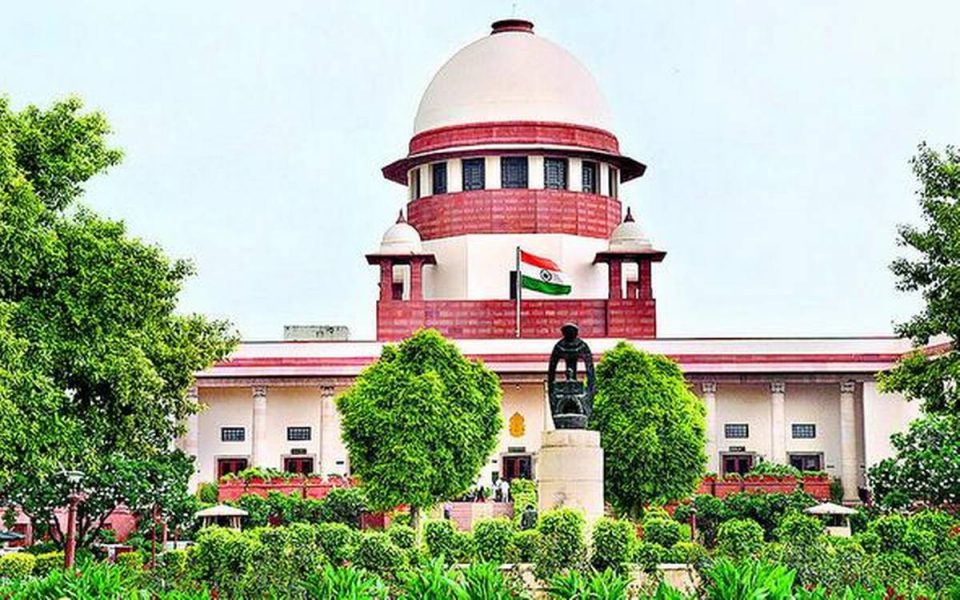
Same-sex marriage: 5-judge Constitution Bench to hear matter from April 18

The three-judge Bench of the Supreme Court has referred the petitions to recognise same-sex marriages to a five-judge Constitution Bench, which will start hearing the arguments on April 18.
The apex court Bench, calling it “a matter of seminal importance,” has said any decision on the subject will have “a huge bearing on society”. The hearing by the five-judge Constitution Bench will be live-streamed on the Supreme Court website and YouTube.
“This judgment will have a huge bearing on society — don’t cut down anyone’s time and this must be considered,” a three-judge Bench said on Monday (March 13).
Also read: Explained: Why Centre is okay with gay rights but not same-sex marriages
“We are of the view that it would be appropriate if the issues raised are resolved by the Bench of five judges of this court with due regard to A 145(3) of the Constitution. Thus, we direct it to be placed before a Constitution Bench,” the judges said.
Article 145(3) states that a Bench of at least five judges cases should hear cases involving substantial questions and interpretation of the Constitution.
Centre’s argument
The Centre, in its report, has argued that “living together as partners and having sexual relationship by same-sex individuals (which is decriminalised now) is not comparable with the Indian family unit concept of a husband, a wife and children which necessarily presupposes a biological man as a ‘husband’, a biological woman as a ‘wife’ and the children born out of the union between the two — who are reared by the biological man as father and the biological woman as mother.”
The state has also argued that “While a marriage may be between two private individuals…, it cannot be relegated to merely a concept within the domain of privacy of an individual when the question of formalizing their relationship and the legal consequences flowing therefrom is involved. Marriage, as an institution in law, has many statutory and other consequences under various legislative enactments.”
At least four gay couples have asked the court to recognise same-sex marriages without which they cannot have access to certain rights, including adoption. The apex court on January 6 clubbed and transferred to itself all such petitions pending before different high courts, including the Delhi High Court.
(With agency inputs)

